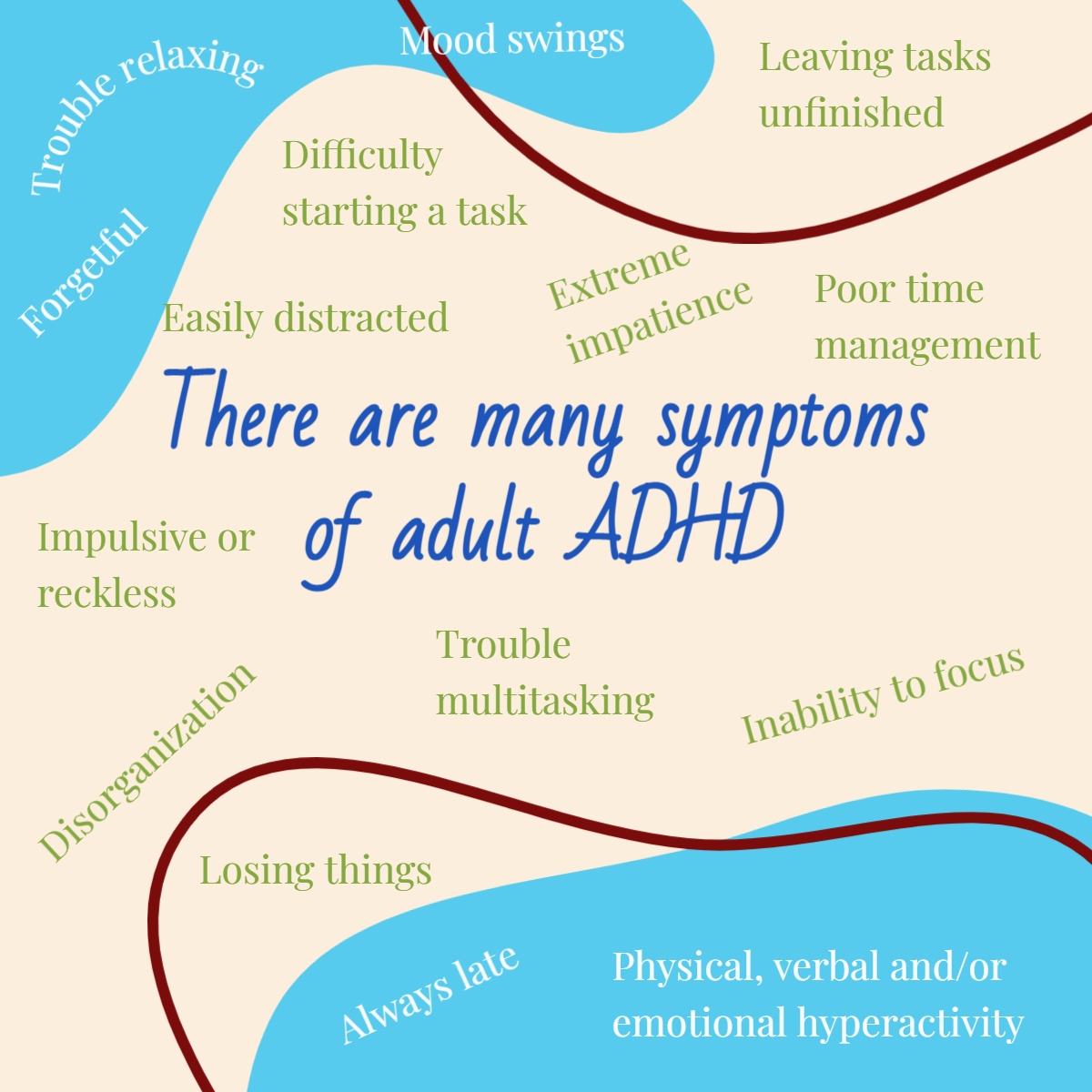
A significant proportion of adults who are diagnosed with ADHD were not diagnosed as children.
According to research, 75% of adults ages 18-44 who are diagnosed with ADHD were not diagnosed as children, and this number is 100% for adults over 60. ADHD is characterized by symptoms such as hyperactivity, distractibility, and difficulties with executive function (such as time management and impulse control). During perimenopause and menopause, the decline in estrogen levels can exacerbate ADHD symptoms in women. ADHD is often not considered when assessing older individuals with cognitive complaints, and only 20% of memory disorder clinics actively screen for ADHD. If you or someone you know is struggling with Adult ADHD, it might be time to consider a functional medicine approach. Rather than just treating the symptoms, functional medicine looks at the root cause of the issue and addresses it through a holistic approach. This can include lifestyle changes, nutrition, and supplements to support brain function and overall health. Don’t let ADHD control your life – a functional medicine practitioner can help you find relief and improve your quality of life.
